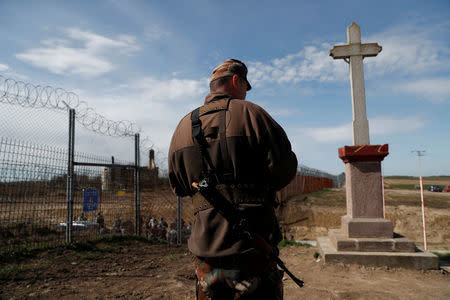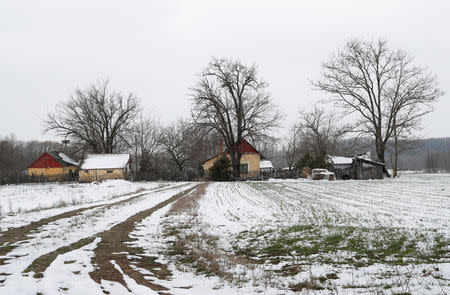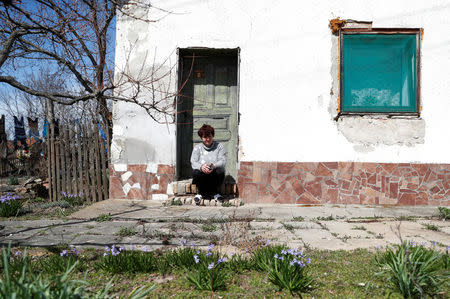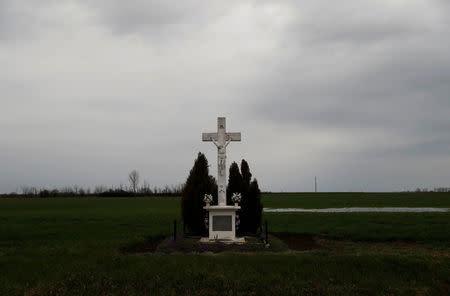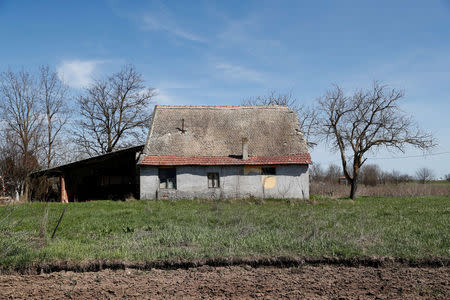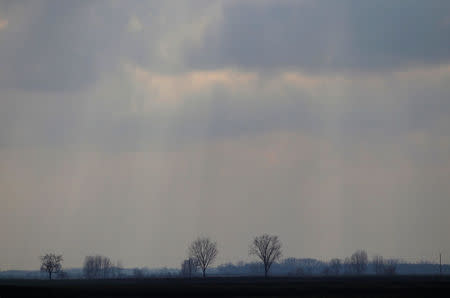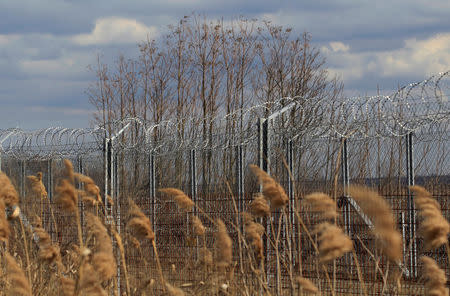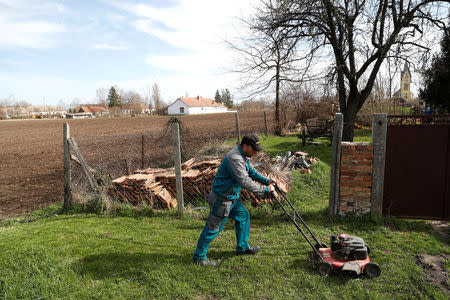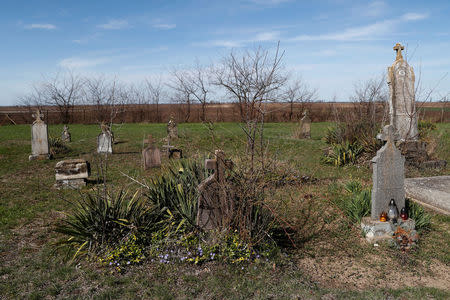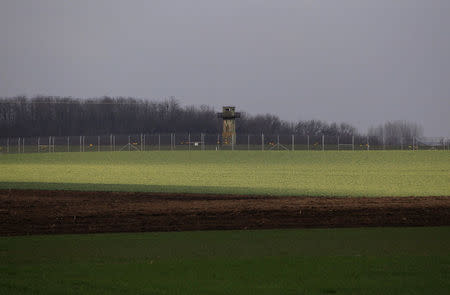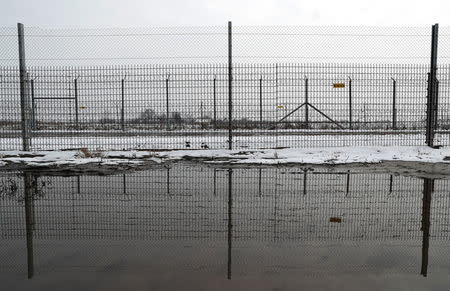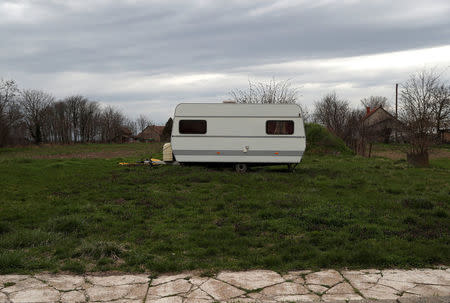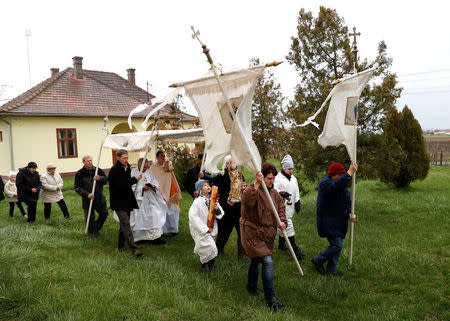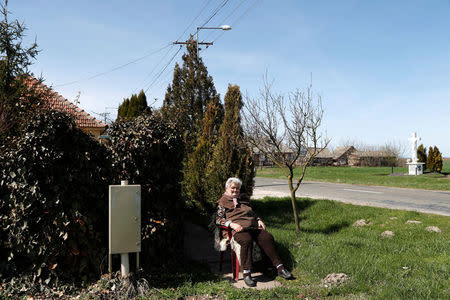In Hungary, one fence came down, another went up
By Bernadett Szabo BACSSZENTGYORGY, Hungary (Reuters) - During her long life, Terez Majsztrovics has never left her small village, hidden at the end of an asphalt track amid the rolling hills of the Hungarian lowlands. But the world came to her, in wave after wave. Born in 1934, she saw German, Russian and Hungarian troops march across the area in World War Two, then, once the Yugoslav border was established, she spent a few decades "three hills away" from a frontier fortified by Communists. During the harshest days of Stalinism, Hungary built a fence along the border, complete with a minefield. It was an "Iron Curtain", built against a perceived threat from the South. In the 15-kilometre military zone citizens, especially ethnic Serbs like Majsztrovics, were closely monitored. When relations eventually thawed in the 1950s, that fence came down. But, sixty years later, another one went up, and the border was sealed off again. Majsztrovics, who can now hardly walk without a cane and spends most of her days in a wheelchair, said she was afraid of a new threat from the South: migrants. Truth be told, it has been some time since she last saw one. It was during the great rush, when hundreds of thousands crossed here en route to Germany in 2015. "The problem is they are not Christian," she said last week, sitting in a chair by her small, crumbling house at the edge of the village closest to the border. She was there "car-watching" as a new border crossing point was opened that day. She was worried about traffic, as the previously dead-end asphalt now extended to Serbia and beyond. "Sixty-three cars I counted already," she said. "It's too much." RAZOR WIRE, ELECTION One of those cars belonged to the foreign minister, she was told. She smiled. She likes the government. Prime Minister Viktor Orban's Fidesz party is good for Hungary, so Fidesz should stay, she said. In all likelihood, Fidesz and Orban will remain in power after elections on April 8, thanks in large part to their unrelenting opposition to migration and the symbol of that opposition: the double razor wire fence along the border. It is visible in the distance from Bacsszentgyorgy. And there are border patrols there. She likes the soldiers. Timea Komaromi, another of the 80 Bacsszentgyorgy residents, is also wary of the migrants. "They never touched anything or anyone, never caused any problems." Still... Previous waves of migration, mostly from the former Yugoslavia and Kosovo, caused her no fear. "I even fed goulash to some of those families. These people now are different. They are not Christian." The villagers get their news from state TV, controlled by the government, which puts out anti-migrant propaganda. Their fears mirror that. When a photographer appears to document the fence and their life next to it, they invite her to the local church and ask her what she is up to. Whatever she says, they are convinced she is an agent from Brussels, out to unleash migrants upon them. It's not a personal grudge. They like the photographer. They feed her mutton stew. It's a long drive back to Budapest. (Writing by Marton Dunai; Editing by Andrew Bolton)
